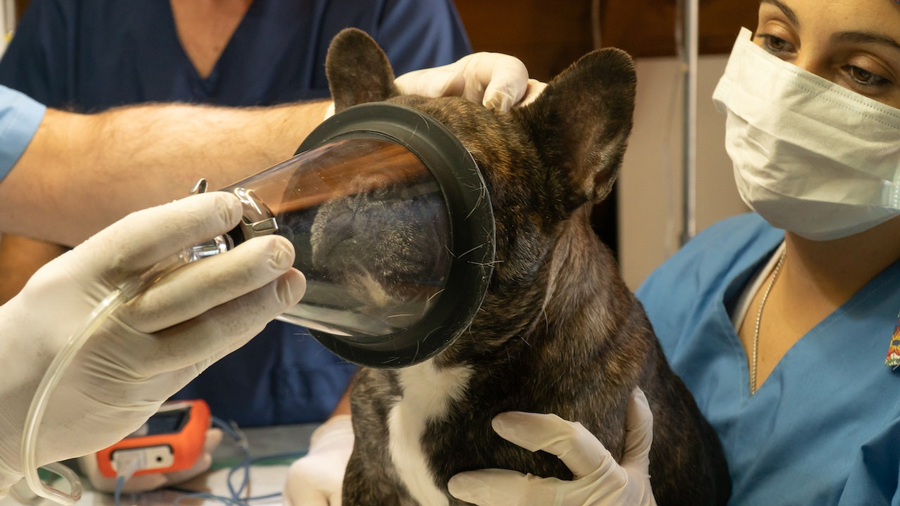The Competition and Markets Authority (CMA) has identified significant concerns in the veterinary sector following an initial review, prompting a provisional decision to launch a formal market investigation.
The comprehensive review has garnered over 56,000 responses from both the public and veterinary professionals.
Key Concerns and Provisional Decision
The CMA’s findings point to several critical issues affecting the veterinary market:
- Consumer Information Deficiency:
- Consumers may lack sufficient information to choose the best veterinary practice or appropriate treatment for their pets.
- Many vet practices, over 80%, do not display prices on their websites, hindering informed decision-making.
- Pet owners are often not informed of the cost of treatment before agreeing to it.
- Weak Competition due to Market Concentration:
- Concentrated local markets, driven by sector consolidation, may lead to weak competition in certain areas.
- The share of vet practices belonging to large groups has risen from around 10% in 2013 to nearly 60%.
- The acquisition of independently owned practices by large corporate groups has been substantial, reducing business model diversity.
- Incentives for Large Corporate Groups:
- Large integrated corporate groups may have incentives to focus on higher-cost treatments, potentially limiting access to simpler, lower-cost alternatives.
- The acquisition of businesses offering related services, such as referral centres and diagnostic labs, by large groups may reduce choice and quality.
- Potential Overpayment for Medicines or Prescriptions:
- Pet owners might be overpaying for medicines or prescriptions due to a lack of awareness about alternative options.
- Regulatory restrictions may limit veterinary practices’ ability to source cheaper medicines online.
- Outdated Regulatory Framework:
- The regulatory framework, dating back to 1966, may no longer be suitable for the current veterinary landscape.
- The regulatory regime primarily focuses on individual practitioners, with limited leverage over commercial and consumer-facing aspects of veterinary businesses.
- The Practice Standards Scheme, a voluntary scheme, has only been adopted by 69% of eligible practices, potentially impacting consumer outcomes.
CMA’s Comment and Future Steps
Sarah Cardell, Chief Executive of the CMA, emphasized the importance of the review in addressing concerns within the critical veterinary market. She noted the unprecedented response from the public and veterinary professionals, indicating the significance of the issues raised.
The CMA has provisionally decided to launch a formal market investigation, seeking industry views through a 4-week consultation, closing on April 11, 2023. The investigation aims to delve deeper into the identified concerns, allowing the CMA to intervene directly if it finds that competition is not functioning optimally.
For more details and statistics on the CMA’s update, interested parties can visit the veterinary services case page. The consultation document provides in-depth information about the proposal and the issues at hand. The CMA remains committed to ensuring transparency, competition, and improved outcomes for both veterinary professionals and pet owners.








